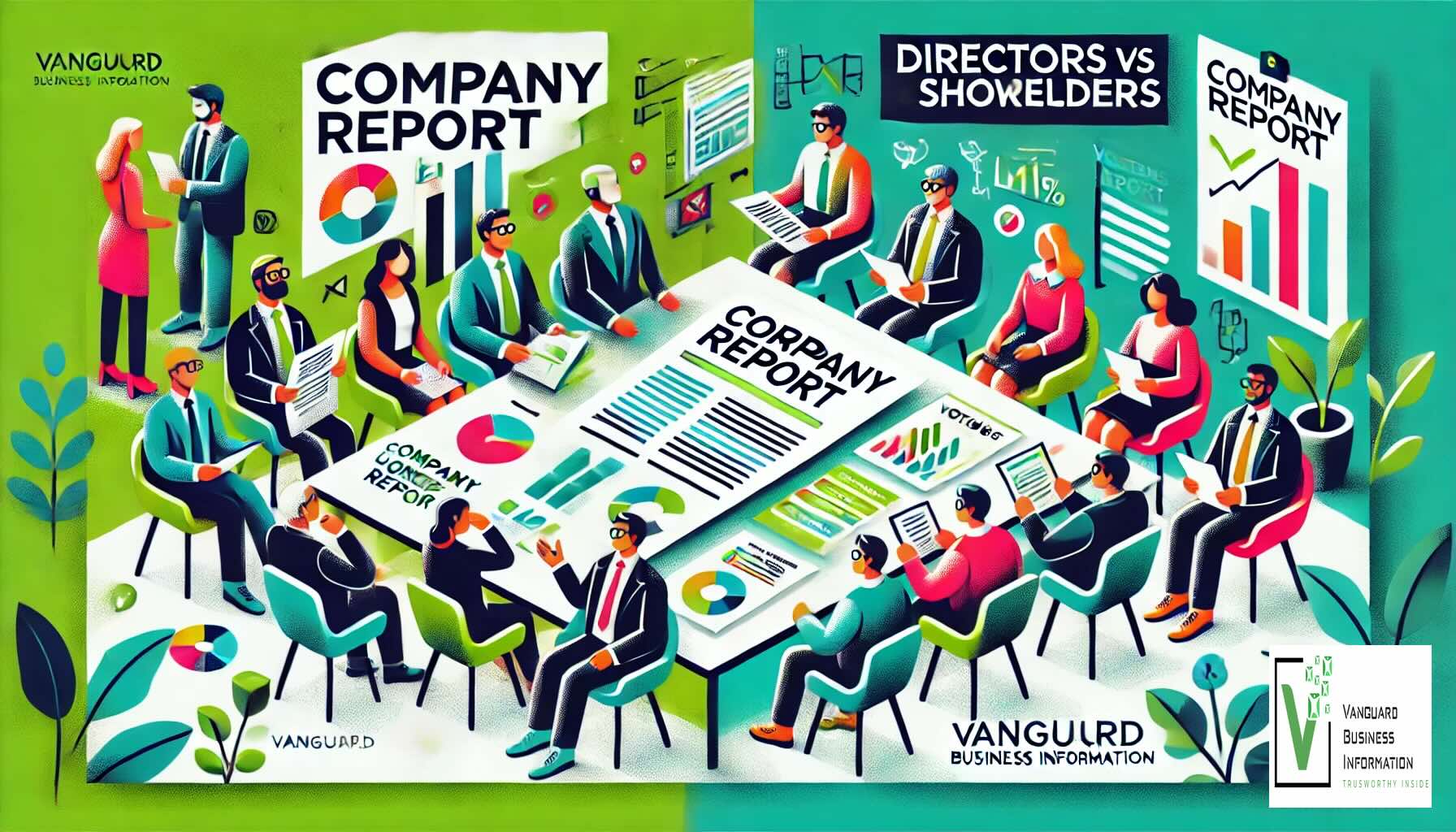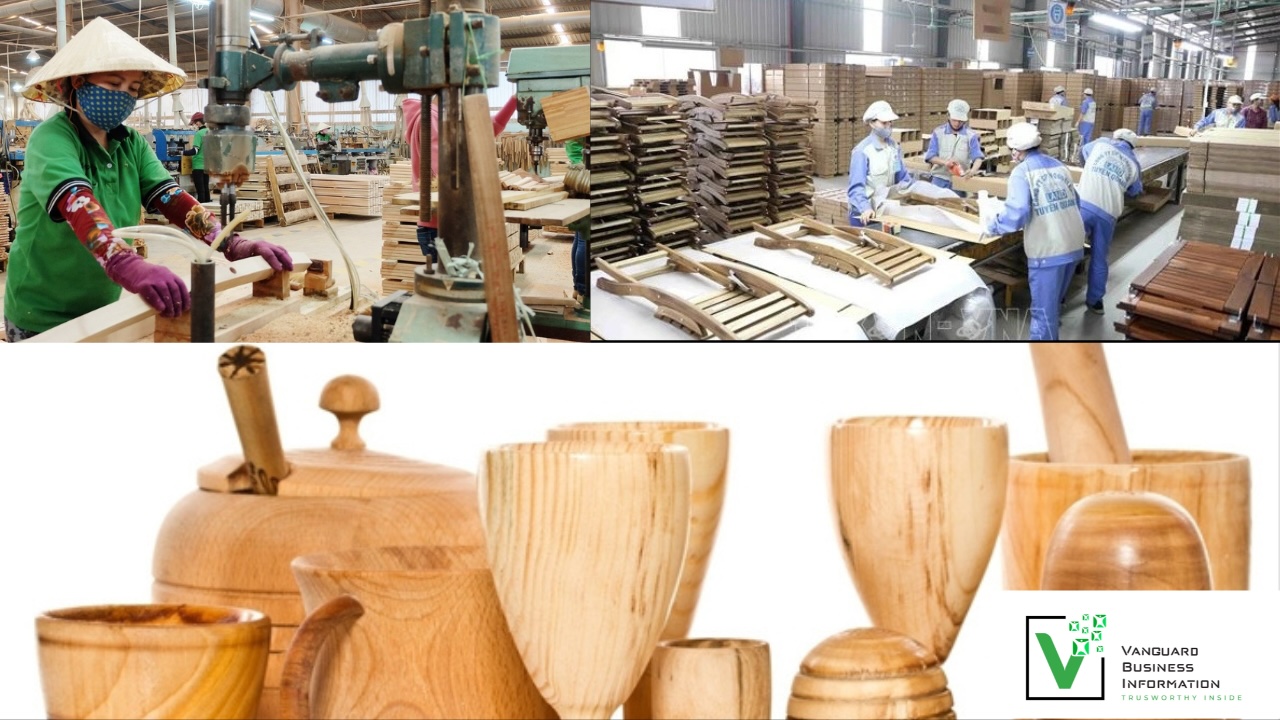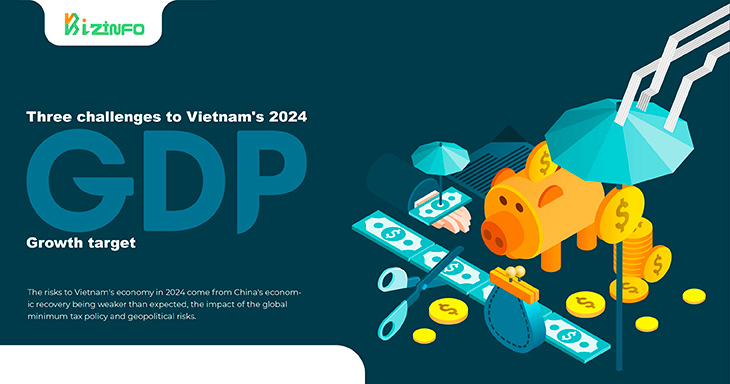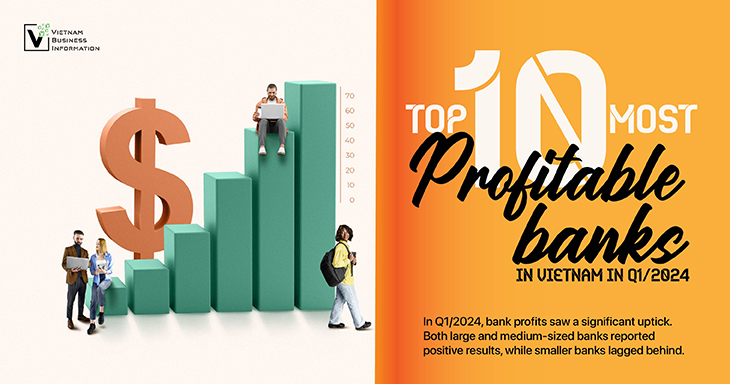
The VBI News blog provides a multi-dimensional perspective on global business information. Here, you can find important economic news, expert reviews, and opinions. The blog covers the latest business and financial news on the global economy, backed by facts and figures. Readers are provided with crucial information that may impact their financial decisions while conducting business.
Shortage of human resources in Vietnam’s logistics industry
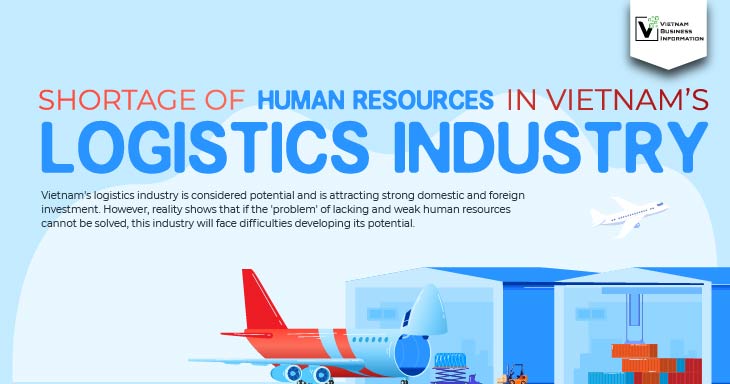
Huge potential – Insufficient personnel
According to the ranking by the World Bank, Vietnam currently ranks 64th out of 160 countries in terms of logistics development and ranks 4th in the ASEAN region after Singapore, Malaysia and Thailand. According to data from the Ministry of Planning and Investment, there are nearly 34,500 businesses providing logistics service in Vietnam. This market is also ranked 11th in the group of 50 global emerging logistics markets.
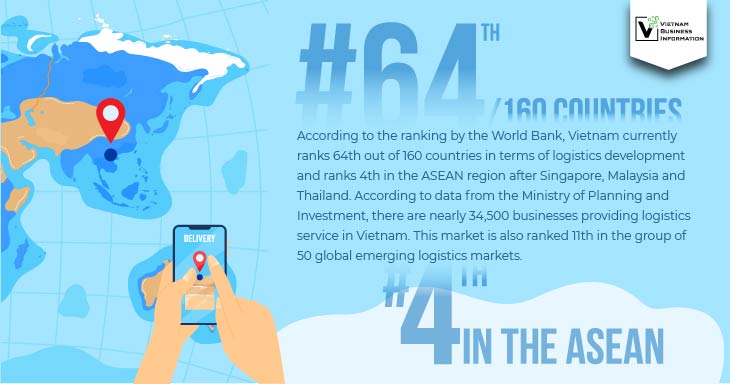
At the international forum with the topic Developing human resource skills in the logistics industry held at the end of 2023, Mr. Le Tan Dung, Deputy Minister of Labor, War Invalids and Social Affairs, said that logistics is identified as an important service industry of the economy. With an average growth rate of 14-16% and a scale of 40 - 42 billion USD/year, logistics is currently one of the fastest growing and most stable industries in Vietnam.
Mr. Dung said that Vietnam's goal is that by 2025, the contribution of logistics services to GDP will reach 8-10%, and logistics service growth rate is expected to reach 15-20%. To achieve this goal, Vietnam's logistics sector needs to continue to promote all aspects, in which human resource development is important.
However, in reality, many businesses in the industry believe that insufficient and weak human resources are limiting their ability to access opportunities in the market.
More training is needed
A survey from the Logistics Human Resources Development Association shows that it is expected that by 2030, Vietnam’s demand for logistics human resources will be over 200,000 people. While training programs can meet only about 10% of market demand. Currently, the number of properly trained workers only accounts for 5-7% of the number of workers working in this field.
The Vietnam Institute of Logistics Research and Development predicts that by 2030, the logistics industry in Vietnam will need 2.2 million employees. Among them, about 200,000 high-quality workers with professional degrees and certificates, professional skills, and foreign language ability are needed. Meanwhile, there are only 2,500 graduates from training units each year.
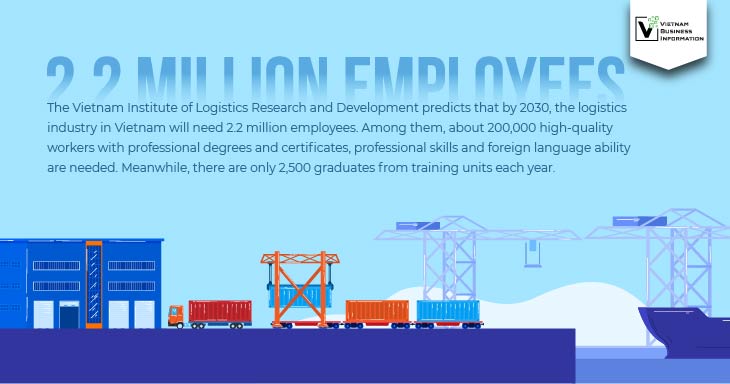
Regarding the quality of human resources in this industry, Mr. Dao Truong Thanh, Dean of the Faculty of Economics and Urban Affairs, Hanoi Capital University, said that in Vietnamese enterprises, only about 10% of logistics personnel meet the requirements, only 7% of whom have undergone formal and methodical training.
Mr. Thanh believes that logistics’ personnel is both weak and lacking. One of the reasons why businesses find it difficult to recruit high-quality logistics personnel is because the current training situation does not meet actual needs.
Specifically, there are currently only about 50 universities nationwide that specialize in logistics and the number of students studying this major is not large.
Source: thesaigontimes
Compiled by VBI

Profits of beer businesses saw a decline
Beer enterprises all witnessed a decline in business results due to the...







